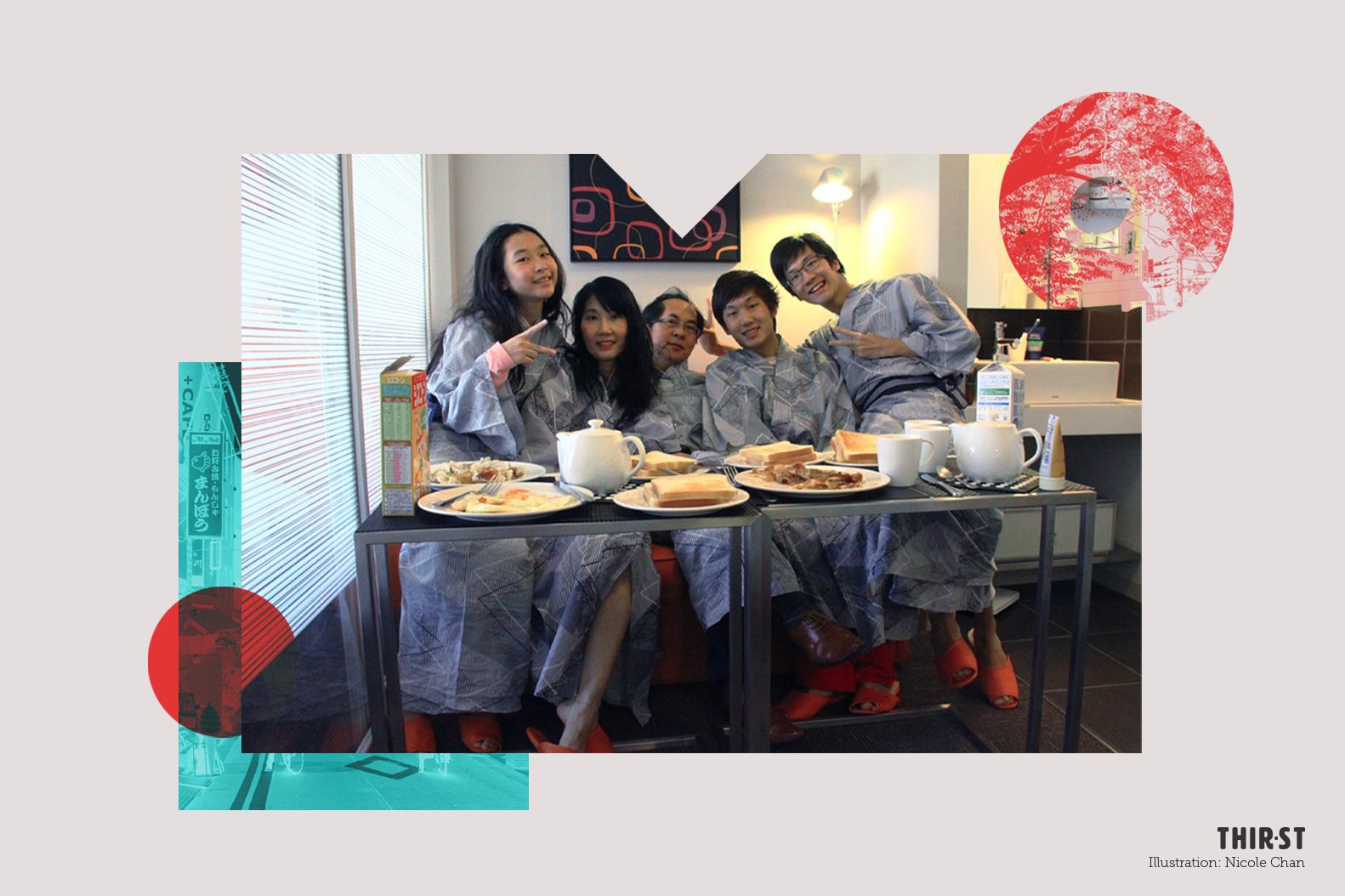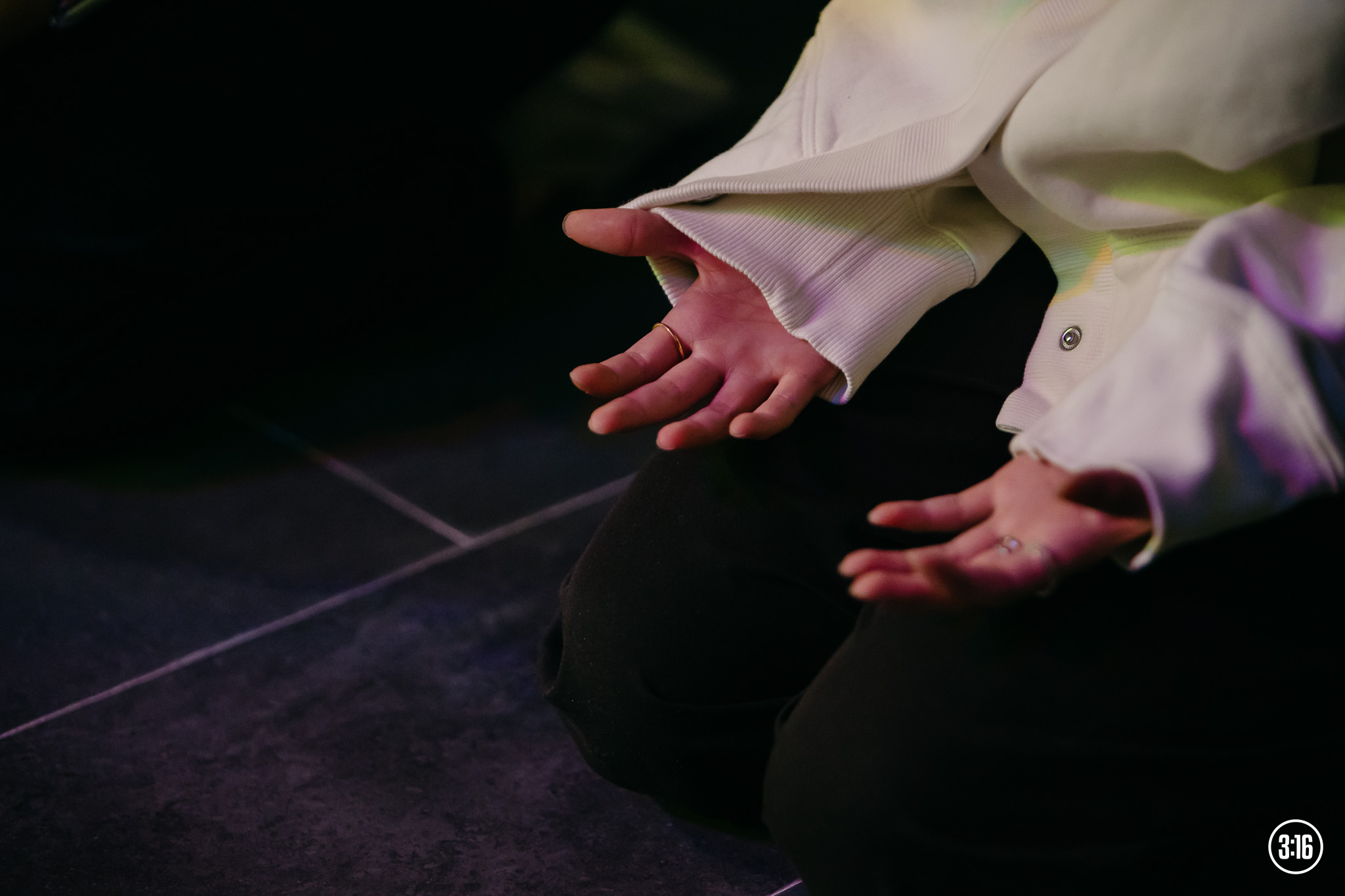He’s almost 70 years old, but Rev Stanley Ow still has the same passion for missions as he had two decades earlier when he uprooted his young family to Japan, with a toddler and baby in tow.
He might have returned some 18 years ago, but the seeds that he and his wife, Choy Yoke, have sown during their season in Japan are still bearing fruit.
Speaking to Rev Stanley’s family, I discover how his three children, Samuel (27), Stephen (26) and Stefanie Sayuri (21), are not only serving actively in church, but have also developed a heart for the nations.
Currently the Ambassador-at-Large for Global Mission Mobilization Initiative (GMMI) based in Chiang Mai, the 68-year-old shared with me that it wasn’t difficult to make the decision to relocate despite having two kids under the age of two.
“I think the most important question is ‘to go or not to go’? Then follows the timing,” says the former Executive Director of Singapore Centre for Evangelism and Missions (SCEM), now known as Singapore Centre for Global Missions (SCGM).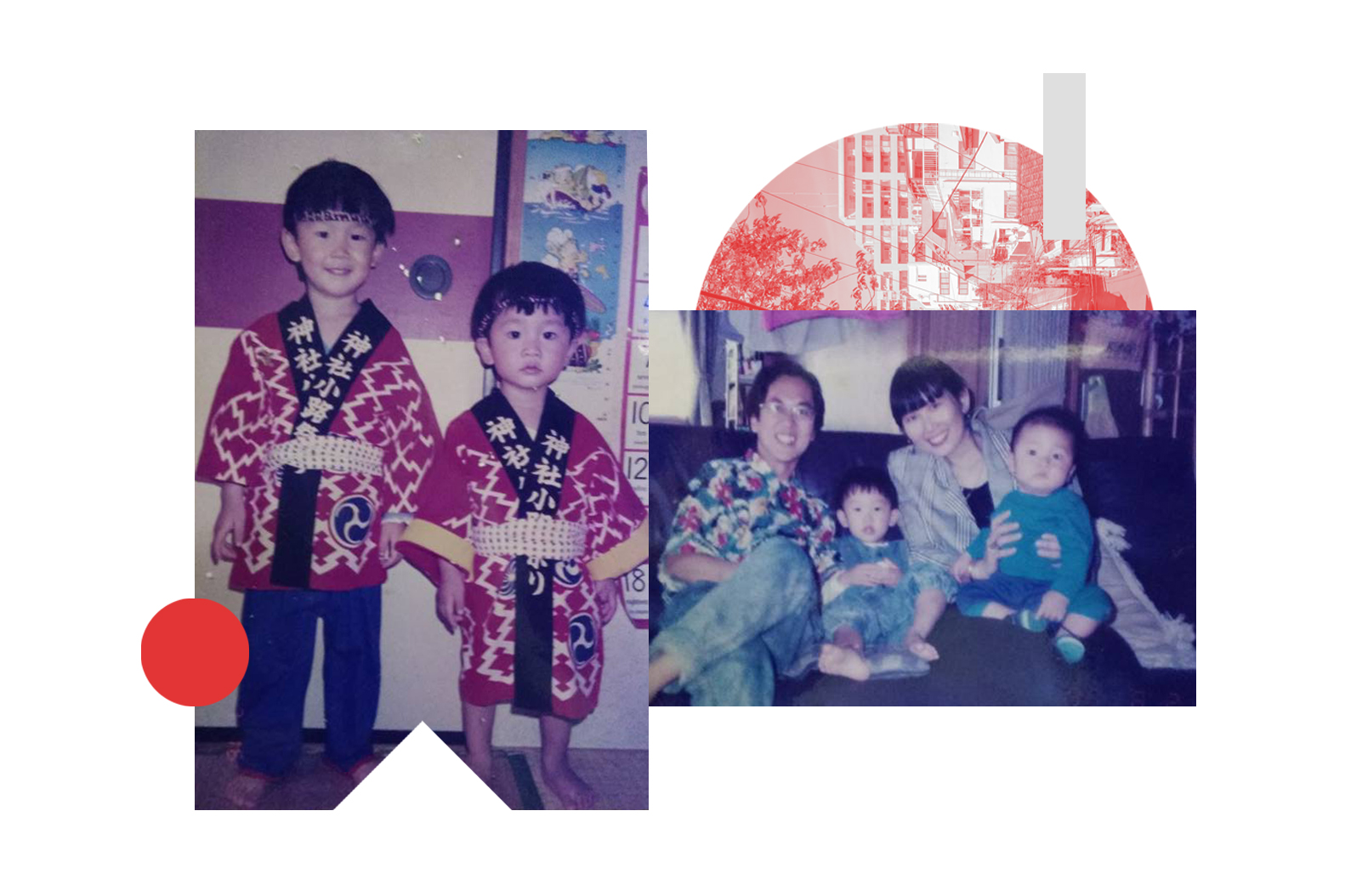
That became a journey that saw them waiting for seven whole years, until their firstborn Samuel came along. He was their answered prayer for children, which in turn saw them answering God’s call to go out into the field.
“Since the most crucial question was taken care of – and it is to go – the next question on when to go was easier,” explains Rev Stanley. “Just like in courtship, it’s easier to set the wedding day when you’ve already found your lifelong partner in marriage.”
“Our rational minds would have hundreds of excuses or reasons for us not to go. As Singaporeans, we’re trained to think rationally… but it was based on obedient faith every step of the way,” he says.
God eventually opened the door to Sapporo, the capital of Hokkaido, where they stayed for eight years, pioneering and pastoring a house church.
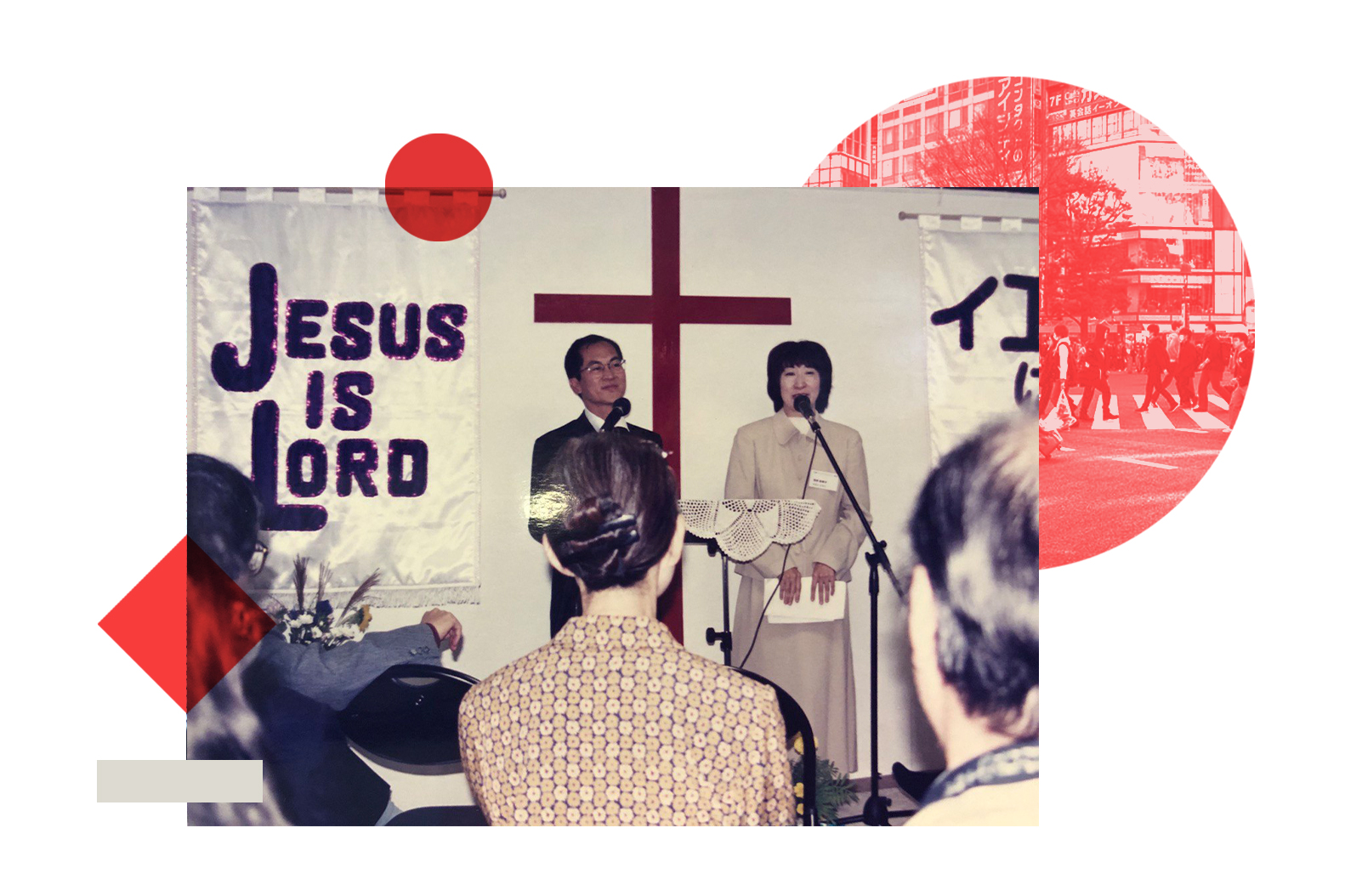
“Shortly after our arrival, a local Japanese pastor brought us to the local district to register as residents. While there, we met a Japanese man at the office who had his honeymoon in Singapore,” shares Rev Stanley.
Pleasantly surprised to meet the family from Singapore, the conversation started flowing and the Japanese man became the first person that Rev Stanley led to Christ. Even after all these years, I could sense his excitement when recalling that moment.
“Friendliness was key as we embraced the Japanese culture and the people. Ordinary tasks like grocery shopping for the family or trips to the nearby parks became avenues for us to get to know more people,” he says, reflecting on their way of life.
“What is the end goal of a missionary, or God’s servant? It is that the people may know Jesus… To share the gospel through relationship building, faith and good works.”
Around two years after they first got to Japan, Sapporo Bethel Church was established. And by the time they left, the Ows were able to hand over the leadership of the church to a local pastor.
“Most churches in Hokkaido and Japan are not large in size, like the ones we have in Singapore,” points out Rev Stanley. On average, there would be around 15 to 20 people every week.
And yet, the intimate setting offered many opportunities for the members to bond. There was a tangible sense of community and, more importantly, it was a place where people could come and experience God’s presence in a very real way.
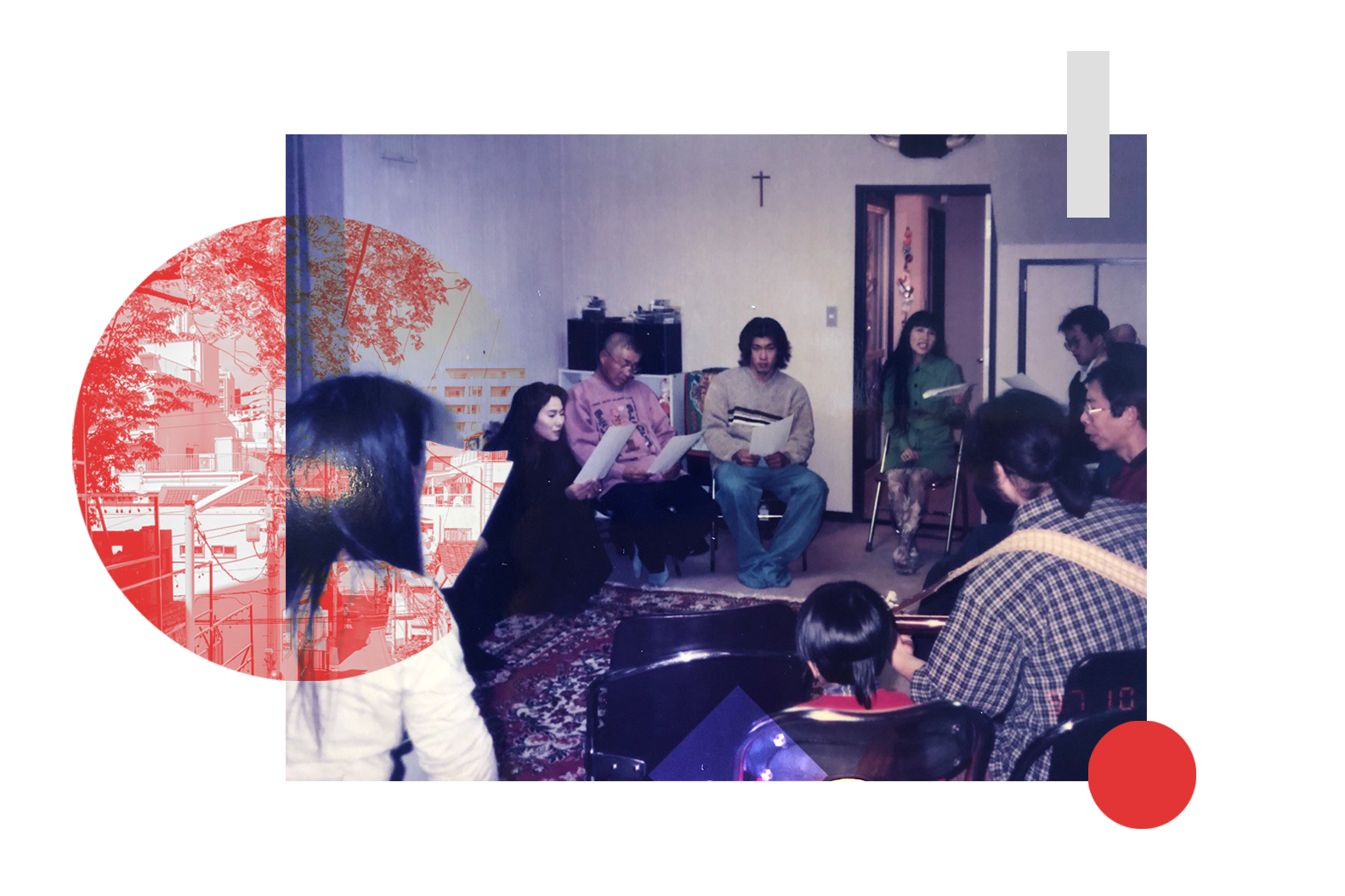 Stephen, their younger son, recalls it was a house church filled with prayer, fasting and worship.
Stephen, their younger son, recalls it was a house church filled with prayer, fasting and worship.
Some memories that still stand out for him today include being carried on his parents’ shoulders while they were singing songs to God, as well as being involved in every aspect of service in church, from setting up the chairs and ushering, to praying for people and cleaning up after.
He also remembers how his mum would give English classes and the efforts she would take to befriend other women and share the gospel with them.
Older son Samuel, too, recollects similar memories of worshipping together with his family in church.
“My mother and father would piggyback us as they danced and sang,” he says. “I was conscious that we had a lot of family time together, and I know we were different.”
While language was the first major difference Samuel observed, he managed to speak Japanese better in the second year of kindergarten and ended up enjoying his preschool years very much.
“I knew that God was real during my kindergarten years. Through my parents, their lifestyle and their willingness to obey God’s will for their lives,” he tells me.
“Their passion for God spurred me to come to know God as real, as (my mum) would also share Bible stories with us at night. It impacted me to follow Christ.”
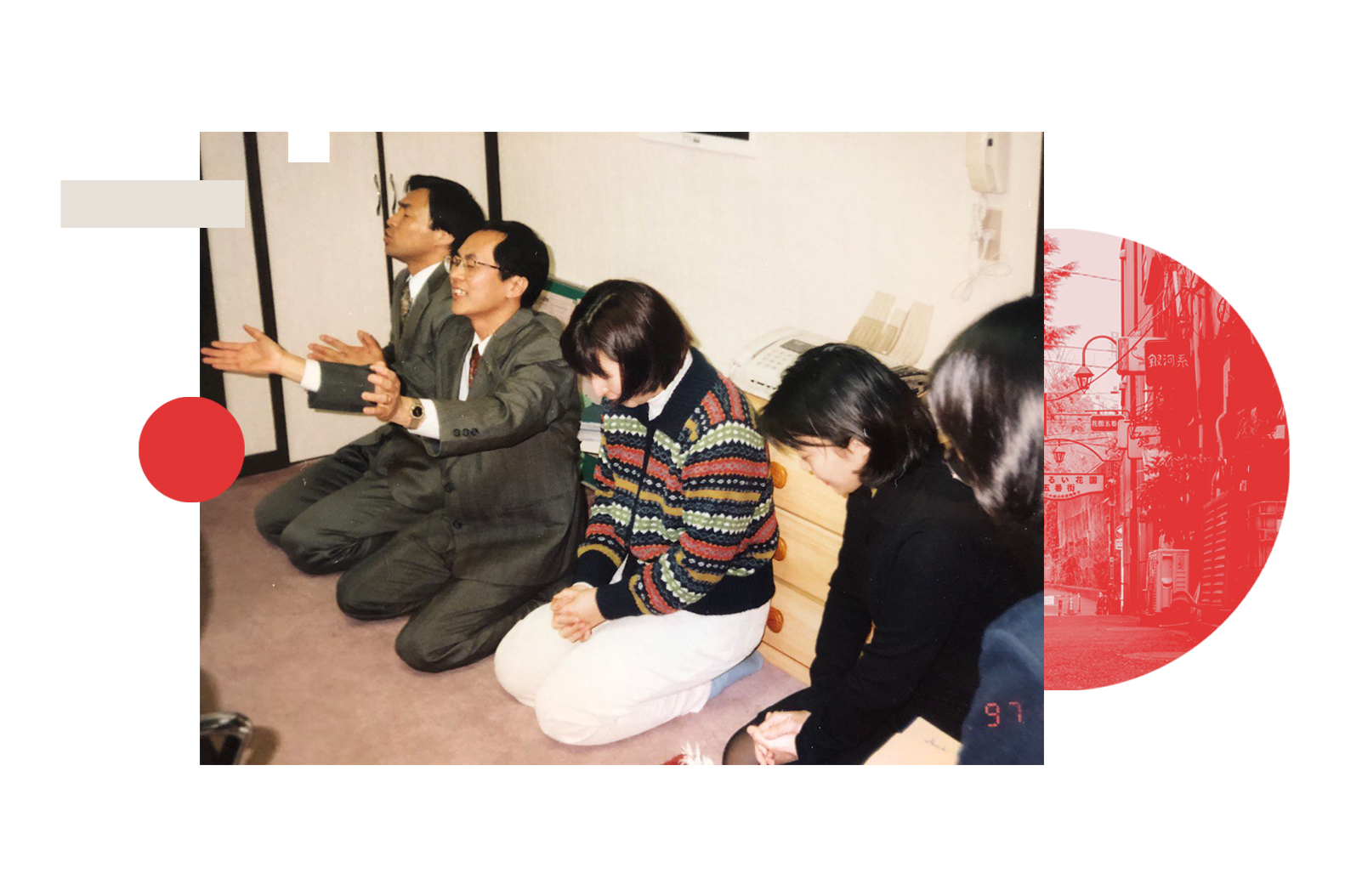 However, one early morning in February in their fourth year in Japan, the Ows got a rude shock.
However, one early morning in February in their fourth year in Japan, the Ows got a rude shock.
“My wife screamed from the toilet in our living room, and when I rushed in, I saw a bloody toilet bowl,” recounts Rev Stanley.
It appeared that Choy Yoke had experienced a miscarriage, eight weeks into her pregnancy.
Burying the lump of tissues out in the thick Sapporo snow, the couple grieved but held back from seeing a doctor immediately because they had limited finances.
“Maybe we were being naive as we decided to trust God for divine intervention,” shares Rev Stanley. At the same time, the Ows were drawing faith from their encounters with God over the years.
“We had experienced countless miracles and answered prayers in our lives to continue to trust Him,” he says, referring to how God had opened Choy Yoke’s womb after a seven-year wait as just one example.
However, a week went by and Choy Yoke continued to bleed, prompting the couple to seek help.
At the end of the following week, they visited a Christian Japanese doctor who was shocked to find that Choy Yoke’s womb was totally clean even though they didn’t seek medical treatment earlier.
“He told us of the dangers and complications if it had not been attended to. He also confirmed that there was a miscarriage, through a urine test, even though it had been a week,” says Rev Stanley.
What the doctor said next was also surprising.
He told them: “Rest the womb for three months and try again. Both of you have given your lives for us, the Japanese people. Come back again if you are pregnant. Allow me to do something for you!”
Not long after, the Ows found that they were expecting their third child. And true to his word, for the next seven months, this doctor did not charge them a single yen for seeing him.
Their only daughter became their first child to be born while they were out in the mission field. And they decided to name her Stefanie Sayuri, as a reminder of their time in Japan.
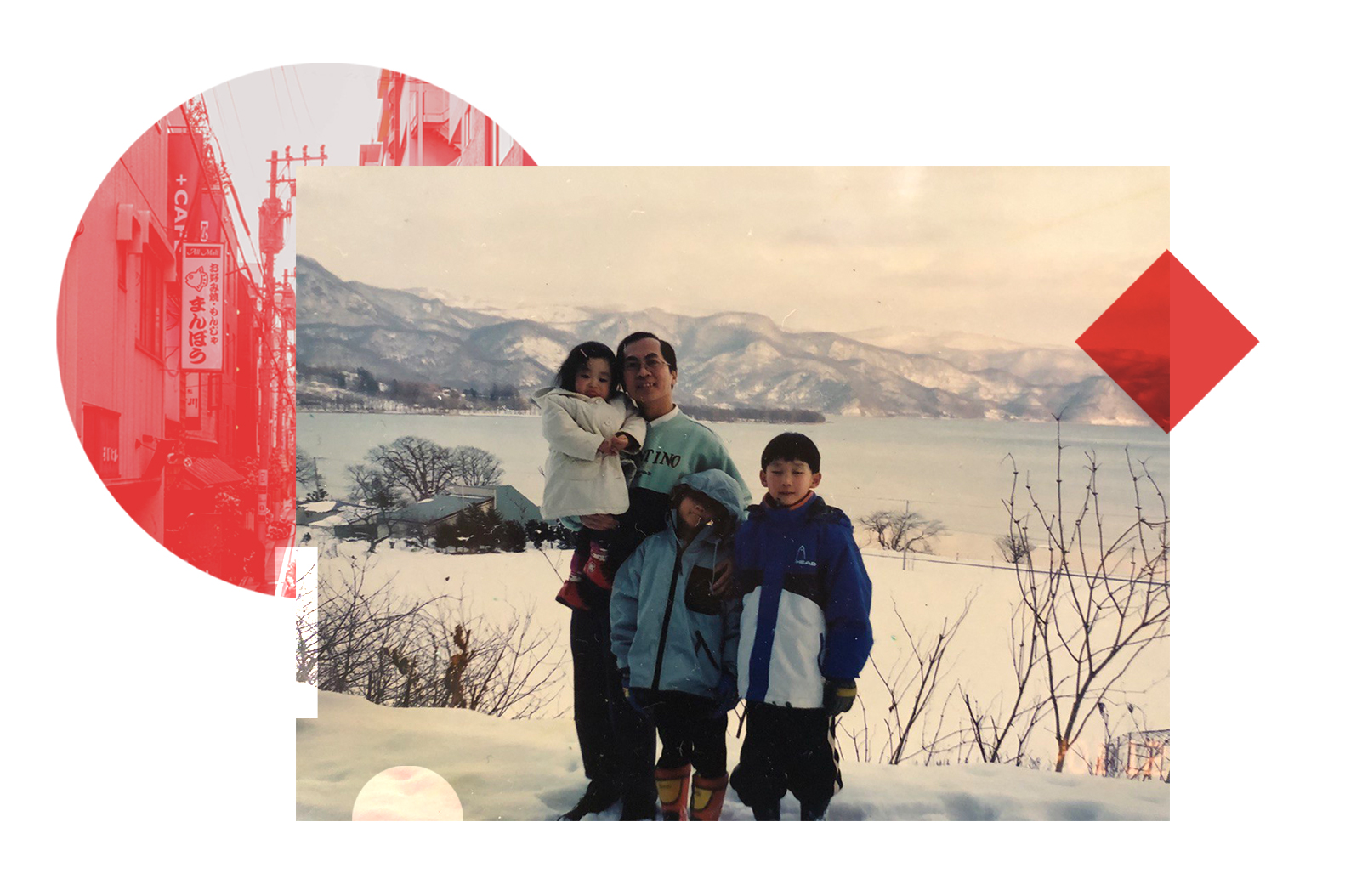
Now all adults themselves, I caught up with Samuel, Stephen and Stefanie Sayuri, who shared with me the impact of their family’s season in Japan.
The Ows’ firstborn Samuel talks about how his parents planted the seed for missions in his life. Japan, in particular, is close to his heart because of the fond childhood memories he has.
In fact, he had even made plans to go on a short mission trip to Japan after graduating from his Master’s programme last year – until COVID-19 hit.
“My upbringing in Japan created this exposure to the myriad needs of the Japanese… the Japanese will always be in my heart, and I am trusting God to open the door,” says Samuel, adding that that he is still seeking the Lord about returning to Japan for missions one day.
“To love God is to lay your life down for others…”
Stephen also reveals that Japan has impacted his faith in both small and big ways – from being awed by the beauty of nature in Sapporo and coming to understand God as the divine creator and greatest designer and artist, to being inspired by his parents’ faith.
“It only hit me when I was much older and saw my church’s missionaries with young children living abroad. That made me realise what courage it must have taken my parents to pursue their calling amid the difficulties in trying to raise a family,” says Stephen.
Being a missionary family overseas has taught him this lesson: To love God is to serve His people.
“To love God is to lay your life down for others, be it in a foreign country, a foreign culture, a foreign lifestyle. My parents led by example,” he adds.
Like her older brothers, Stefanie Sayuri, too, has a burden for sharing the Good News with those who haven’t heard the gospel. One sure conversation starter? Her name.
“I quite enjoyed sharing about my family’s experiences, which is often elaborated on when people ask me if I am Japanese or why I have a Japanese name,” she quips.
“I thought that it was quite extraordinary to know that your family has a unique past and history that is different from other families.”
Though she was young when she returned to Singapore, Stefanie Sayuri looks back on how she was brought up in a household where “there would always be conversations about the mission field, (and) testimonies shared each time about how God moved then”.
Growing up, it seemed like Japan was always part of her family – even in the items they had around their house, the food they ate and the choice of shows they would watch.
“My parents’ hearts were and still are always burdened for Japan,” she observes.
This is certainly clear when you talk to Rev Stanley now – even after 20 years from the time he and his wife made the decision to obey the Lord to go.
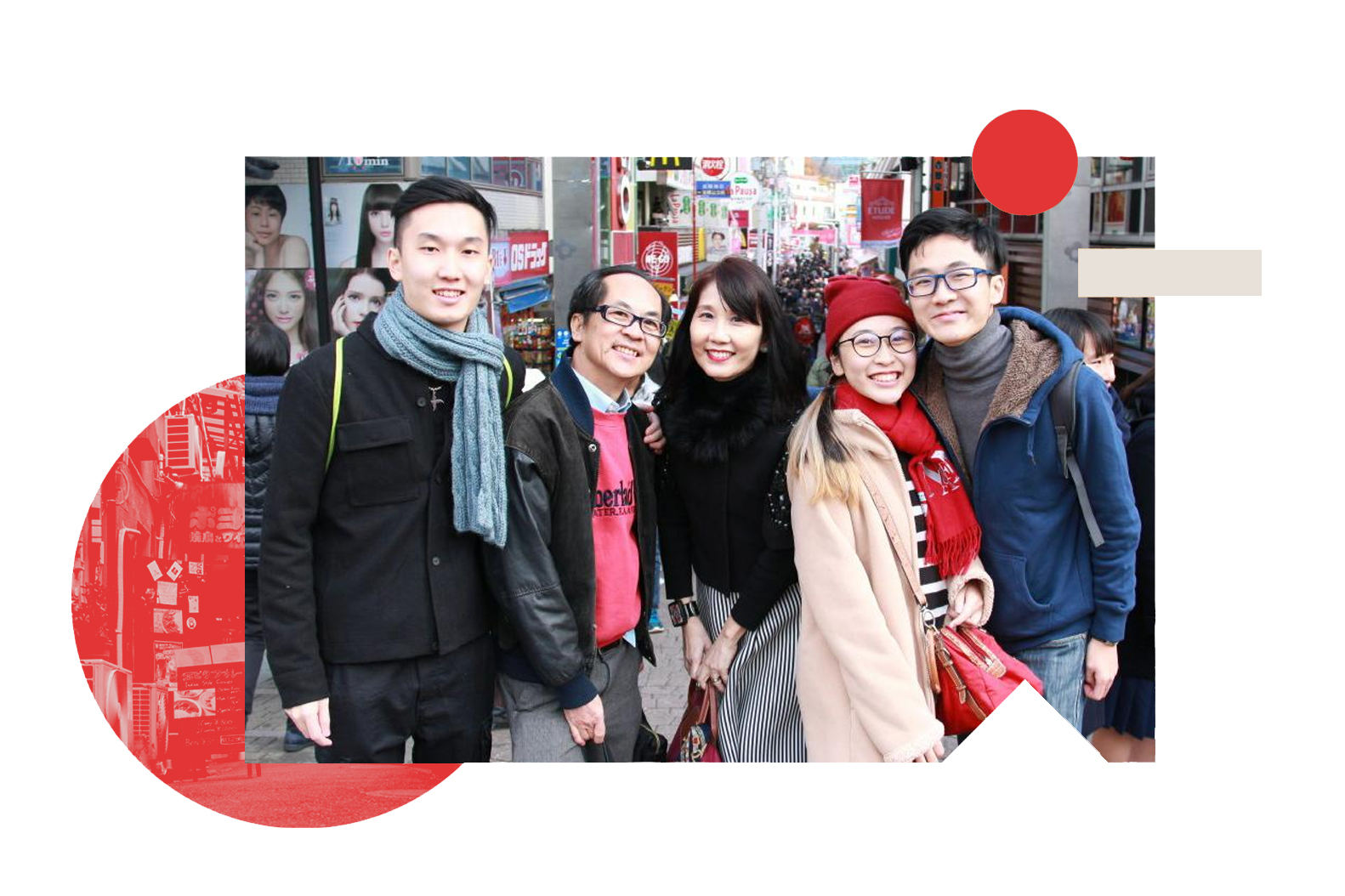
What’s next for Rev Stanley and Choy Yoke?
While the Ows have been making regular visits to Japan to reconnect with friends and the church community there, the couple is planning to go back to serve more actively after retirement.
After all, their three children are older and more independent. Both Samuel and Stephen have completed their studies.
Rev Stanley sees that there are needs in Japan – not just in church planting, but also in training and mentoring Christian families.
“Even after 70, I’m still willing to go out into the field,” he says. “As long as we have the strength and the energy, we will go. The key is to stay healthy.”
- What priorities would you have to reorder if obedience to God is your first and foremost priority?
- What does the Great Commission mean to you? How are you making disciples of all nations?
- Are you able to trust in God to provide for your needs as you serve Him?


